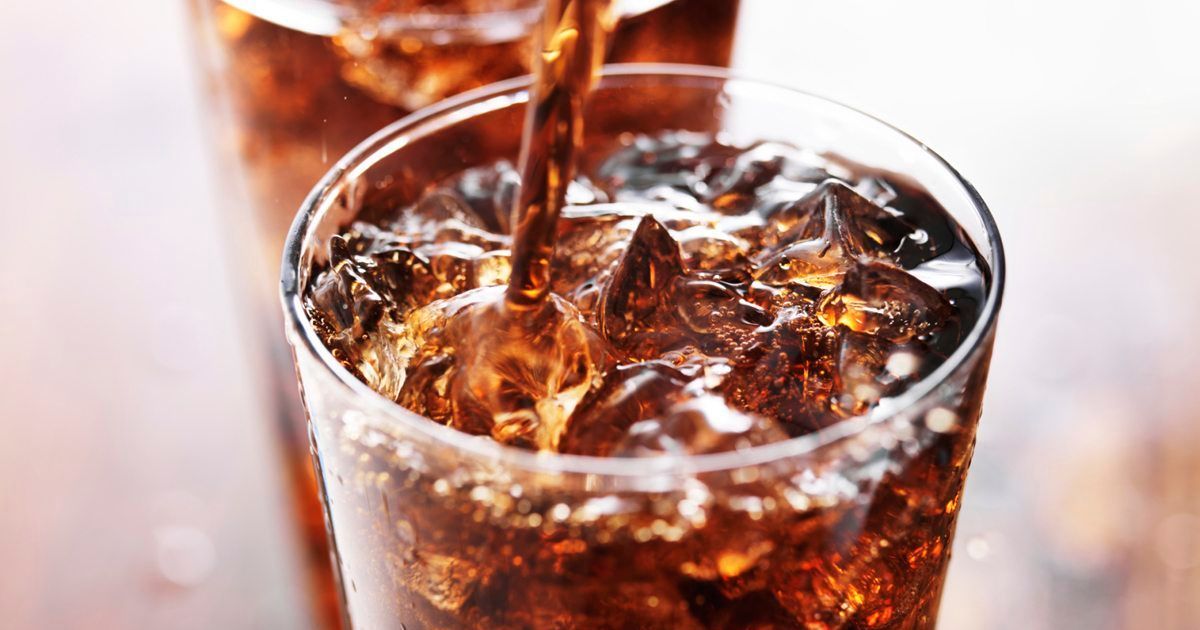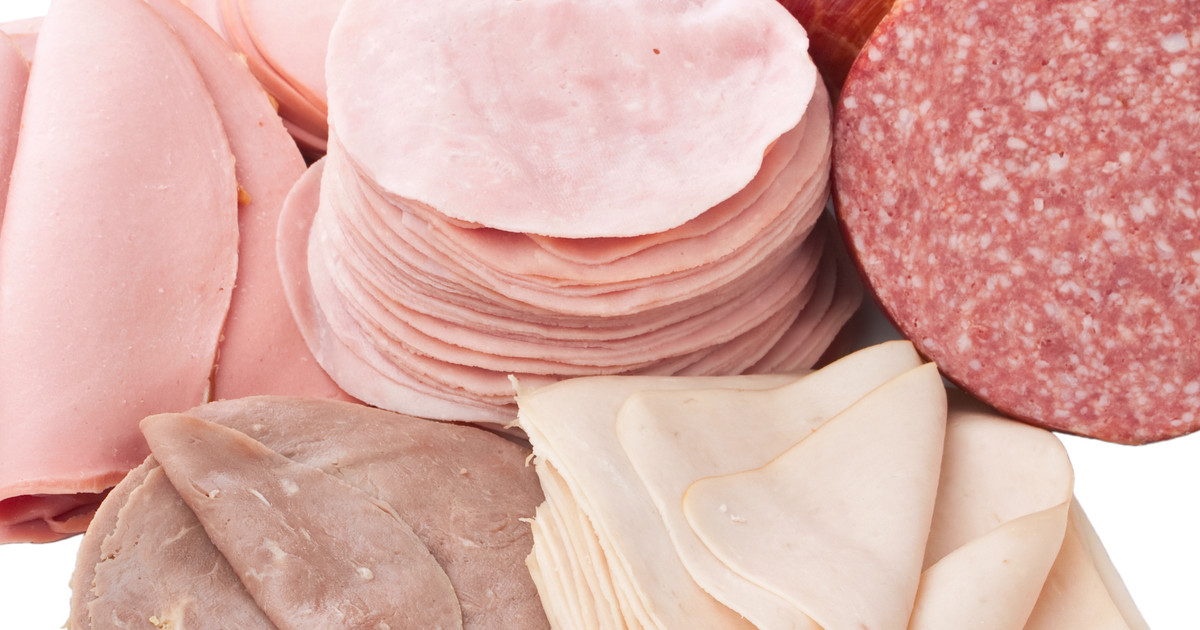Foods To Avoid For Optimal Kidney Health
Your kidneys don’t ask for much—but they do everything. Quietly filtering waste, balancing fluids, regulating blood pressure, and keeping key minerals in check, they work around the clock to keep your body in harmony. But even the hardest workers can burn out—especially when overloaded with the wrong foods. That’s why we’ve expanded our guide of science-backed foods to avoid for optimal kidney health. Ready to make the shift? Let’s go.
1. Dark Sodas

Dark-colored sodas have high levels of phosphorus, which can be harmful to kidney disease patients. While phosphorus is needed to help build healthy bones alongside vitamin D and calcium, those with kidney disease won't be able to process phosphorus efficiently to get the full benefits. This leads to phosphorus building up in the blood, which in turn can weaken bones and cause joint pain.
2. Processed Meat

Individuals with kidney disease or poor kidney function should avoid processed meat, such as hot dogs, sausages, pepperoni, salami, lunch meat, and beef jerky, as these foods are high in protein, sodium, and preservatives. As most patients with kidney disease are recommended to keep their daily sodium intake to two thousand milligrams or less, eating processed meat can quickly take them over the limit.
